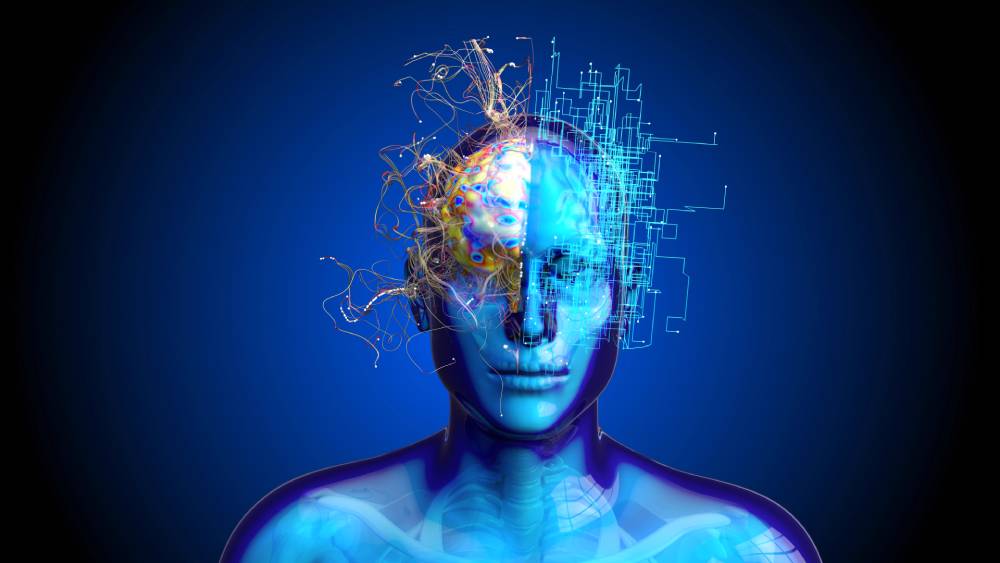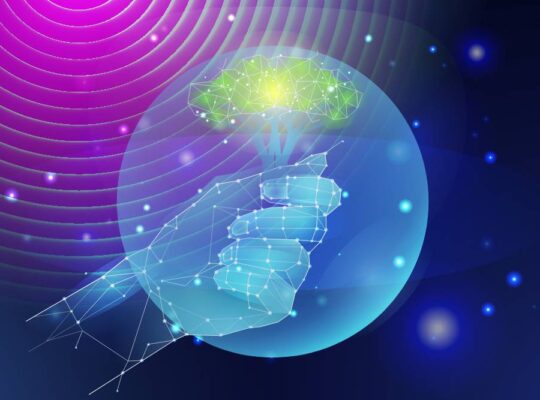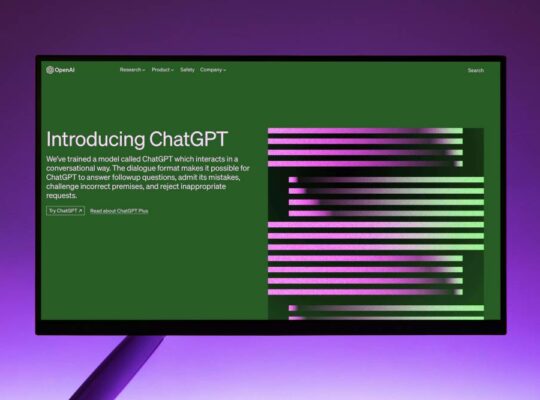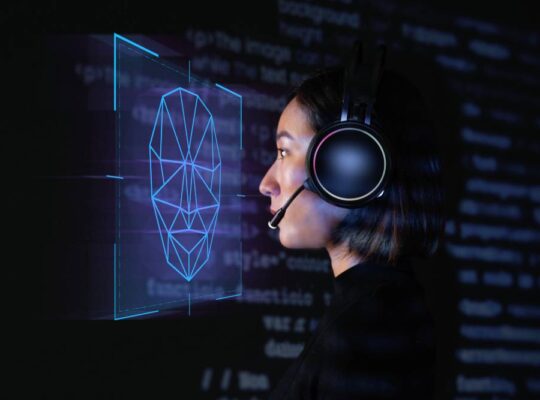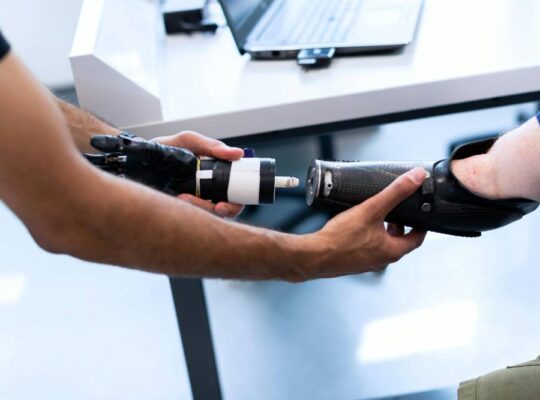Natural Language Processing: AI’s Role in Human Communication
Natural Language Processing (NLP) is a critical branch of artificial intelligence (AI) that helps machines understand, interpret, and generate human language. By bridging the gap between human communication and machine comprehension, NLP is revolutionizing how we interact with technology. As AI continues to evolve, NLP plays a pivotal role in making machines more intuitive and user-friendly, enhancing various industries.
Understanding NLP
NLP involves various tasks like speech recognition, language generation, sentiment analysis, and machine translation. It enables computers to process and respond to human language, which is inherently complex and unstructured. NLP systems are trained to understand the context, intent, and even emotional nuances in language. This capability allows machines to communicate with users in a natural and meaningful way.
Language is full of ambiguity, as words often have different meanings depending on the context. NLP systems tackle this challenge by using vast data sets and sophisticated algorithms to understand the intricacies of language. This ongoing learning process allows them to interpret text and speech with increasing accuracy.
Everyday Applications of NLP
NLP is integrated into many everyday technologies. Voice assistants like Siri, Alexa, and Google Assistant rely on NLP to understand and process spoken commands. These assistants convert speech into text, determine the user’s intent, and provide real-time, contextually appropriate responses. They continue to improve their understanding as they learn from user interactions.
Customer service chatbots are another prominent application of NLP. These AI systems interact with customers by answering questions and resolving issues. By using NLP, chatbots can analyze queries and deliver relevant, helpful responses, improving the user experience. They also help reduce the workload of human customer support teams.
NLP in Various Industries
NLP has a broad range of applications across sectors such as healthcare, education, and business.
In healthcare, NLP assists in analyzing medical records, extracting valuable insights, and helping doctors make informed decisions. AI systems can process large amounts of unstructured text from patient records, research papers, and clinical notes to support diagnoses and treatment planning.
In education, intelligent tutoring systems use NLP to analyze student responses, provide instant feedback, and help learners improve their skills. These systems can evaluate essays and assignments, offering personalized recommendations for improvement.
Businesses are increasingly leveraging NLP for tasks such as sentiment analysis and customer engagement. By analyzing social media posts, reviews, and other forms of customer feedback, businesses can gain valuable insights into public perception and adjust their strategies accordingly. NLP also powers content generation tools that automate writing, helping companies scale their marketing efforts.
The Future of NLP
As AI continues to advance, NLP will become even more sophisticated. Future developments will focus on enhancing contextual understanding, enabling machines to interpret sarcasm, tone, and more complex language constructs. With improved machine learning techniques, NLP systems will achieve greater precision in their interactions.
Ultimately, NLP is set to transform human communication with technology. It will create more efficient and human-like interactions, driving innovation in virtual assistants, customer service, and beyond. As NLP continues to evolve, it will make it easier for us to communicate with machines, breaking down language barriers and enhancing the user experience.
Looking for a SEO based Website CLICK HERE
GO BACK TO HOME

